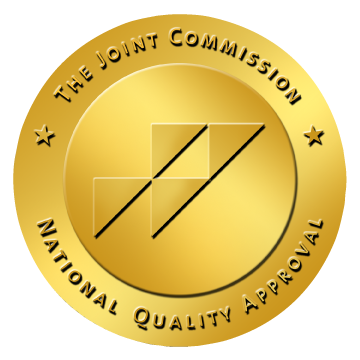If you’re concerned about your teen using drugs, you have good reason to be. In 2023, 10.9% of eighth graders, 19.8% of 10th graders, and 31.2% of 12th graders reported illicit drug use in the past year.
While not all drug or alcohol use by teens indicates a substance use disorder (SUD) that requires intensive treatment, many teens do develop an SUD. Early intervention is critical to stopping your teen’s substance use before that occurs.
Sometimes it can be difficult to distinguish between the signs of drug use and the common behavior of many teens. Teens can be “resistant” to put it mildly. However, it is important to look for common signs of drug use, and to be concerned if you see any signs, but particularly if you see multiple signs.
Signs may include:
You also should not hesitate to search their room or their phone if you have suspicions. Having concrete proof of substance abuse can prevent them from trying to pull the wool over your eyes.
The first goal of an intervention is to start an open conversation with your teen about what you know or suspect. It is also to re-establish rules and to state your concerns and expectations, and to find a path forward, whether it’s a professional evaluation and treatment, or a new routine that allows you to monitor their behavior. This may be a change in curfew, regular check-ins, drug testing, or limits on where and when they can go out.
The intervention is not the end, but the beginning of a process to help and protect your teen.
The first step after you’ve decided to intervene is to do your homework. Learn all you can about teen substance abuse and substance abuse disorders. You also need to have resources in place for a professional evaluation, treatment options, or regular therapy. At NEMG we offer free family support and education group sessions in person and virtually to help navigate the steps in supporting a loved one.
Then decide who will involve in inviting change into your loved ones life. It may be just you or you and a co-parent, or you may want to include other people who your teen is particularly close to.
Next, choose a time when you’ll have privacy and when your teen will be sober. You want to be able to talk without interruptions and for your teen to have a clear head.
Finally, you’ll want to think about what you want to say and set some rules for yourself, such as not getting angry and allowing your teen time to speak. This where healthy coping skills and language development from NEMG Family Programming is helpful in providing the education to have effective communication and outcomes.
Your conversation should be centered around your concern for their health and life, and how their substance use is affecting you and the family. Express what you know or suspect about their substance use and express what you know about the use of that substance and addiction to the substance.
Here are some basic rules to follow during your conversation.
Then you should explain what the next steps could look like, which should probably be a professional assessment. Explain that you both need to know the extent of their problem, and what other issues may be causing it, such as anxiety or depression.
Finally, establish your expectations. Set rules about substance use and explain what is going to happen in terms of monitoring their behavior. Again, this may be a change in curfew, regular check-ins, drug testing, or limits on where and when they can go out. Do not approach this as a punishment, but as a way to protect them.
Note that if you think that your teen’s problems are very serious, or if your intervention attempt is unsuccessful, you can plan an intervention with a professional’s help. Your primary care provider, or a provider like NEMG, can provide resources to help you.
You’ll likely need to arrange for your teen to have a substance abuse and mental health assessment. Your primary care provider, or a provider like NEMG, can provide resources and referrals to help you.
The professional doing the assessment will need your input as well. They will want to know what signs you’ve observed and what you know about their substance use.
After the assessment, you’ll have the information that you need to determine your next steps, whether it’s getting your teen treatment or individual therapy for an underlying mental health disorder, or just starting a new routine of monitoring your teen’s behavior.
No matter what the plan, stay empathetic and supportive so that your teen knows that you are on their side.
Knowing that your teen is using drugs or alcohol is frightening, but with the right approach, you can help them and keep them safe. You are your child’s best chance of getting back on track and moving on to a healthy, happy future.
